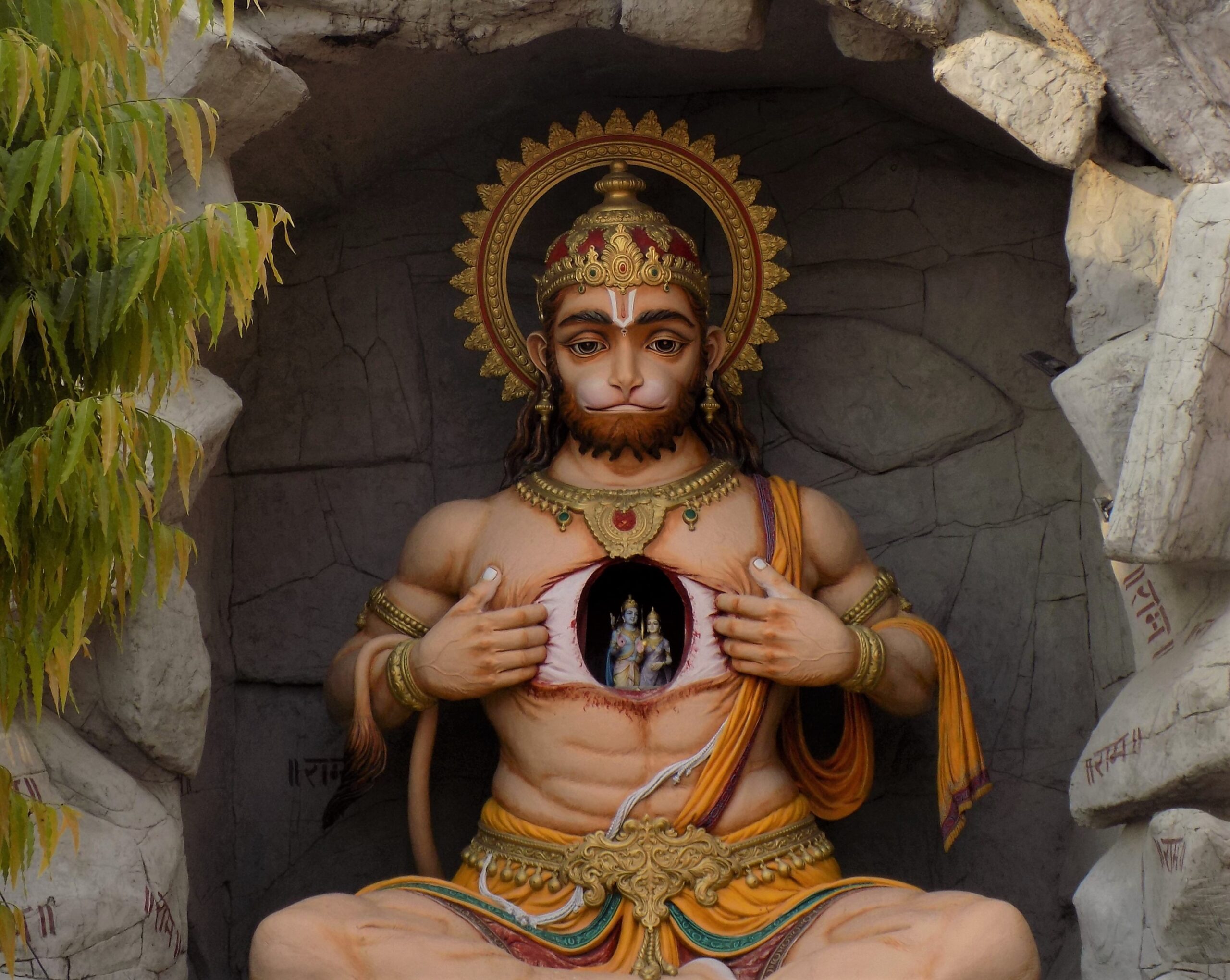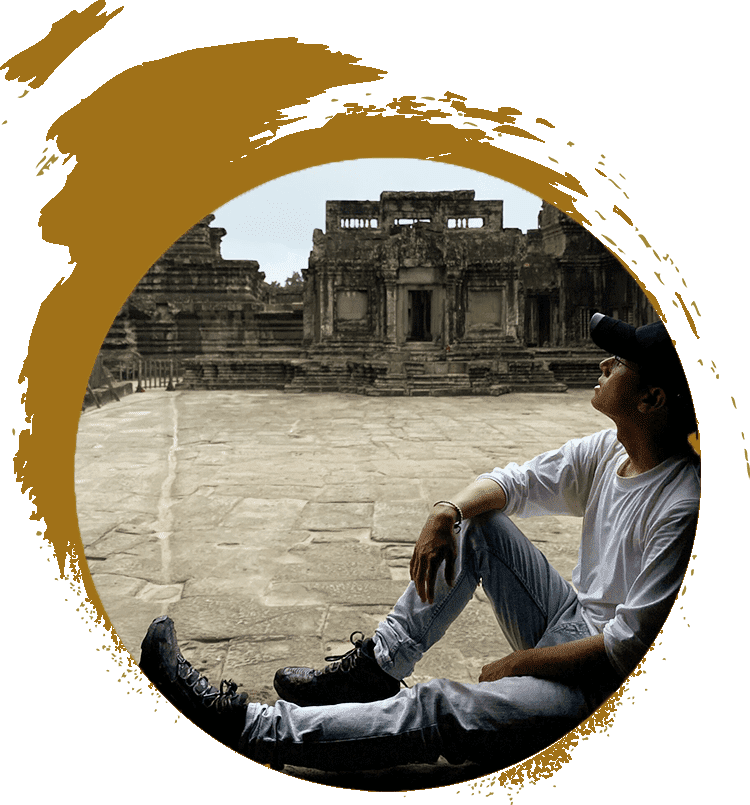In Islamic tradition, diversity in belief weaves a colorful fabric. This diversity is most prominently embodied in the three distinct yet interconnected expressions of faith: Sunni, Shia, and Sufi Islam.
While they are united by the core tenets of Islam — belief in one God, the Quran, and the Prophet Muhammad — each path offers a unique perspective on Islamic spirituality, law, and life.
Sunni Islam, the largest branch, is known for its emphasis on the Prophet’s traditions and consensus among the Muslim community.
Shia Islam, characterized by its reverence for the lineage of Imam Ali, offers a profound interpretation of leadership and divine guidance.
Meanwhile, Sufi Islam, often seen as the mystical dimension of the faith, seeks direct and personal experiences with the divine, transcending the boundaries of conventional religious practices.
As we delve into the nuances of these paths, let’s approach this exploration with respect and a desire for deeper understanding. The differences between Sunni, Shia, and Sufi Islam are not just theological debates but represent diverse ways in which millions of people around the world experience and live their faith.
This article aims to illuminate these differences while fostering an appreciation for the shared heritage and profound spirituality that underpin all three.
Table of Contents
Toggle
What is Islam?
Islam, meaning “submission to God’s will”, is a monotheistic Abrahamic religion (along with Christianity and Judaism), articulated by the Quran, a scripture considered by its followers to be the verbatim word of God (Allah), and by the teachings and normative example (called the Sunnah, composed of accounts called Hadith) of Muhammad, who is considered the last prophet of God in a line of prophets stretching back to Adam.
Central to Islamic belief is the concept of Tawhid, or the oneness of God. Muslims believe that God is one and incomparable and that the purpose of existence is to worship and serve Him. The Five Pillars of Islam – declaration of faith (Shahada), prayer (Salah), almsgiving (Zakat), fasting during Ramadan (Sawm), and pilgrimage to Mecca (Hajj) – constitute the basic framework of a Muslim’s life, emphasizing devotion, community, and moral responsibility.
Islam’s rich history began in the 7th century CE in the Arabian Peninsula, where the Prophet Muhammad received revelations from God. These revelations were later compiled into the Quran. The spread of Islam across the world has led to a wide array of cultural, intellectual, and spiritual traditions, but all Muslims are united in their allegiance to the Quran and the Prophet Muhammad.
With over 1.8 billion adherents, Islam is one of the world’s largest religions, encompassing a diversity of beliefs and practices but united by a common faith and commitment to the principles outlined in its holy texts and teachings.
Who are the Central Figures in Islam?
At the heart of Islam are pivotal figures who have shaped its foundations and teachings. The foremost among these is the Prophet Muhammad. Born in Mecca in the 6th century CE, Prophet Muhammad is seen as the perfect example of conduct (Sunnah) and the conveyor of the Quran, Islam’s holy book.
The line of prophets in Islamic tradition begins with Adam and includes key figures from Abrahamic religions, such as Noah, Abraham, Moses, and yes, even Jesus. Each is respected as a prophet and messenger who brought God’s guidance to their people.
In Islam, these prophets are revered for their unwavering commitment to monotheism and their role in the divine plan.
In addition to prophets, the family and companions of the Prophet Muhammad hold a special place in Islamic tradition. For Sunni Muslims, the Rightly Guided Caliphs, who were the Prophet’s companions and immediate successors, are particularly significant. These include Abu Bakr, Umar, Uthman, and Ali, each playing a vital role in the early spread and establishment of Islam.
For Shia Muslims, Ali, the Prophet’s cousin and son-in-law, and his descendants, known as the Imams, are central. Shia Islam holds that these Imams, beginning with Ali and extending through a specific lineage, were divinely appointed leaders with unique spiritual and temporal authority.
I won’t be putting any photos of them on this article out of respect, I hope you can understand.
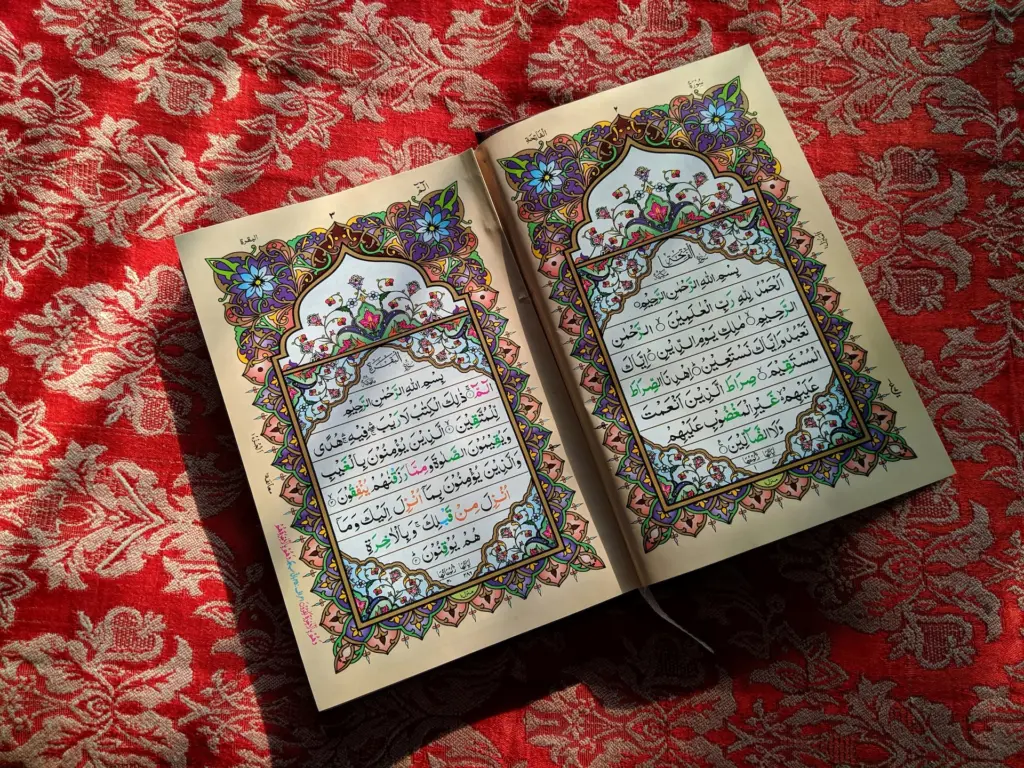
What is the Sacred Text of Islam?
The Quran stands as the central and most sacred text of Islam. Believed by Muslims to be the literal word of God as revealed to the Prophet Muhammad over a period of approximately 23 years, the Quran is the cornerstone of Islamic faith and practice. Written in classical Arabic, it comprises 114 chapters (Surahs), varying in length, and covers a wide array of subjects including theology, moral guidance, legal principles, and narratives about earlier prophets.
The Quran is considered the final and complete revelation, superseding previous scriptures such as the Torah and the Bible, which Muslims believe were altered over time. The Quran’s teachings guide Muslims in all aspects of life, from individual conduct to societal norms, and its verses are recited in daily prayers, special religious ceremonies, and throughout the holy month of Ramadan.
In addition to the Quran, Hadith literature, which are collections of sayings, actions, and approvals of the Prophet Muhammad, also play a crucial role in Islamic tradition. Hadiths help interpret and contextualize the Quranic teachings and are essential for understanding Islamic law (Sharia) and ethics. However, the Quran remains the primary source of divine guidance and is revered as the unaltered and final word of God.
Muslims across the world turn to the Quran for inspiration, guidance, and solace. Its recitation is considered a spiritual act, and its memorization and proficient recitation are highly respected skills in the Islamic community.
The Quran’s influence extends beyond religious rituals; it is a source of law, moral direction, and the foundation for social justice, peace, and harmony in the Muslim world.
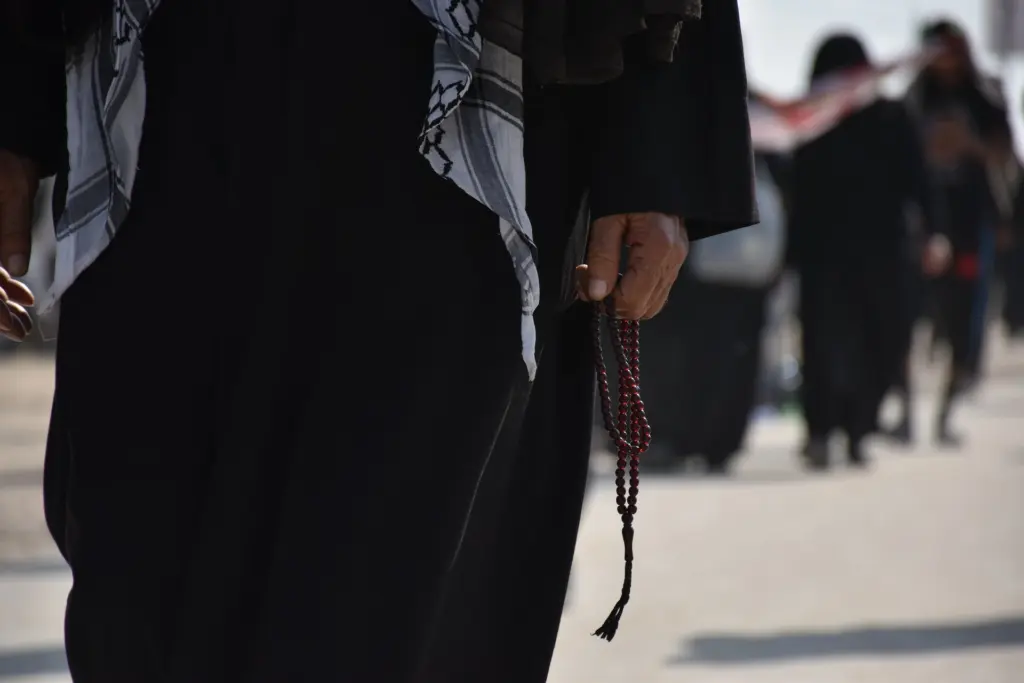
The Diverse Paths of Islam
Sunni Islam
Sunni Islam represents the largest denomination within Islam, encompassing about 85-90% of the Muslim population worldwide. The name “Sunni” derives from “Ahl as-Sunnah”, meaning “people of the tradition”, indicating their emphasis on following the Sunnah, or the traditions and practices of the Prophet Muhammad.
A distinctive feature of Sunni Islam is its four major schools of jurisprudence: Hanafi, Maliki, Shafi’i, and Hanbali. While these schools differ in their approaches to jurisprudence, they share the same foundational beliefs.
In terms of leadership, Sunni Islam does not subscribe to the concept of infallible religious leaders, as seen in Shia Islam. The selection and support of leaders are considered a responsibility of the Muslim community. The religious authority in Sunni Islam is more decentralized compared to other branches, with scholars, known as “ulama”, playing a significant role in religious interpretation, but without a formal hierarchical clergy system.
Shia Islam
Shia Islam, also known as Shi’ism, is the second-largest branch of Islam after Sunni Islam. This denomination is distinct in its beliefs, particularly regarding leadership within the Muslim community.
Shia Muslims believe that leadership should have passed directly from the Prophet Muhammad to his cousin and son-in-law, Ali, and subsequently to Ali’s descendants. This belief stems from their interpretation of certain events in early Islamic history and specific verses in the Quran.
The concept of Imamate is central to Shia Islam. Shias hold that the Imams, starting with Ali and continuing through a specific lineage, are not only political leaders but also spiritual guides who possess divine knowledge and authority.
In terms of jurisprudence, Shia Islam has its own legal system known as Ja’fari jurisprudence, which, like Sunni schools of law, is based on the Quran and Hadith but also heavily relies on the teachings of the Imams. Additionally, Shia communities often have a more hierarchical structure of religious leadership, with figures such as Ayatollahs wielding significant influence.
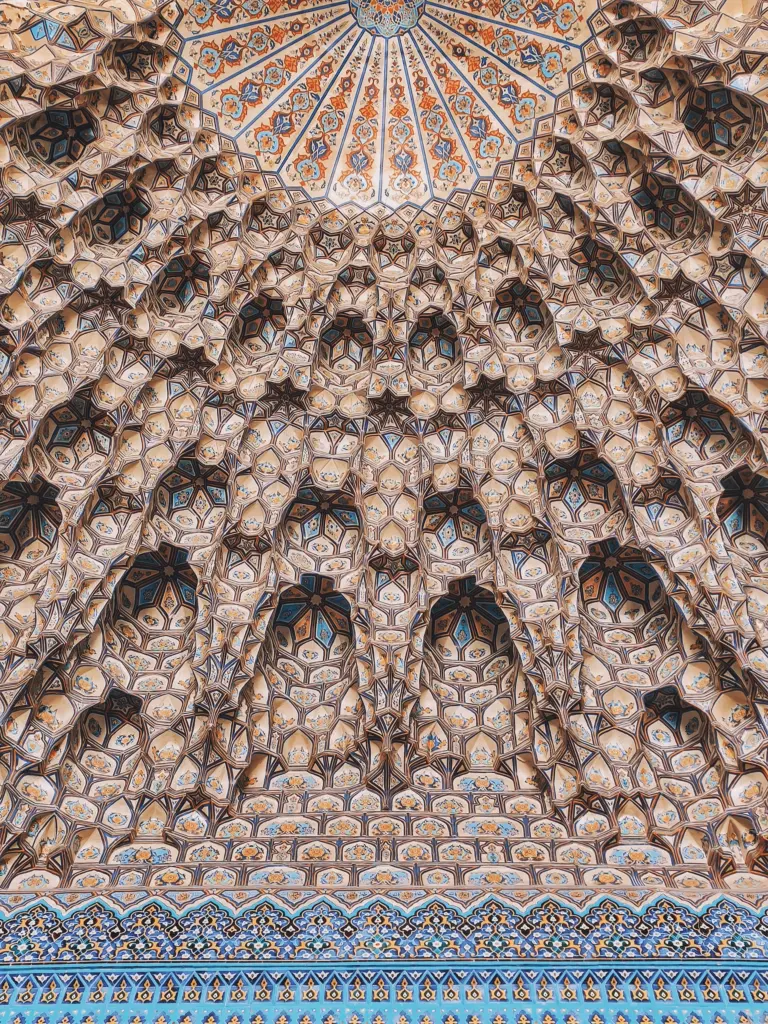
Sufi Islam
Sufi Islam represents the mystical dimension of Islam, focusing on the inner, spiritual path towards understanding and experiencing God. Unlike Sunni and Shia Islam, which are more focused on external rituals and legalistic interpretations, Sufism emphasizes personal spiritual development and the pursuit of a direct connection with the divine.
The roots of Sufism are often traced back to the early days of Islam, drawing inspiration from the spiritual and ascetic practices of figures like the Prophet Muhammad and his companions.
Over time, Sufism developed into a well-structured movement with various orders or tariqas, each following the teachings of a particular Sufi master. These orders often have their own unique practices, rituals, and interpretations of Islamic teachings but share common elements such as the emphasis on the love of God, the importance of a spiritual guide or sheikh, and the pursuit of spiritual enlightenment.
One of the hallmark practices of Sufism is dhikr, the remembrance of God, often performed as a group chanting or meditation, sometimes accompanied by music and movement. This practice aims to bring the practitioner closer to a state of spiritual ecstasy and union with the divine. Sufis also place a strong emphasis on serving others, viewing selfless love and compassion as a means of coming closer to God.
Despite its emphasis on spiritualism, Sufism has at times faced criticism and opposition from more orthodox Islamic groups who view some of its practices as unorthodox. Nevertheless, Sufism continues to be an influential force in the Islamic world, offering a path to those seeking a more personal and mystical experience of their faith.
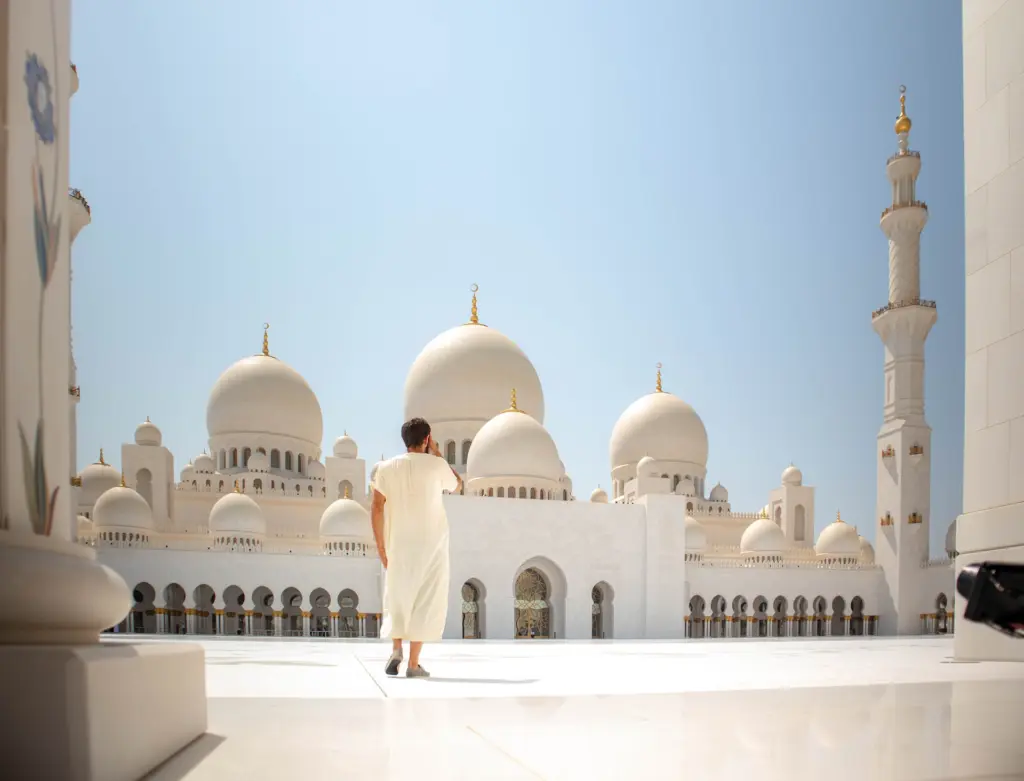
What are the Differences Between Sunni, Shia, and Sufi Islam?
Exploring the differences between Sunni, Shia, and Sufi Islam reveals the diversity within the Islamic faith. Each branch brings its unique perspective and practices to the broader Islamic tradition:
Theological and Historical Foundations:
- Sunni Islam bases its theology on the Quran and the Hadith, emphasizing the traditions and practices of the Prophet Muhammad. Historically, Sunnis supported the first three caliphs after Muhammad’s death.
- Shia Islam centers around the leadership of Ali and his descendants, the Imams. Shia theology is deeply influenced by the concept of Imamate, believing these leaders to be divinely appointed and infallible.
- Sufi Islam, while not a separate sect, offers a mystical interpretation of Islam. It focuses on personal spiritual experience and the inner search for God, often emphasizing love, tolerance, and direct personal experience of the divine.
Practices and Rituals:
- Sunni Muslims follow one of four major jurisprudential schools, which influences their rituals and practices. Their practices are generally more uniform and based on the consensus of scholars.
- Shia Muslims have unique practices, especially regarding Ashura and the commemoration of the martyrdom of Husayn ibn Ali. They also differ in some aspects of their prayer and pilgrimage rituals.
- Sufi Muslims include the use of dhikr, music, and dance as a way to connect with God. Sufis often belong to tariqas, each with its own set of spiritual practices and emphasis on the guidance of a spiritual master.
Leadership and Authority:
- Sunni Islam does not have a centralized religious authority. Religious interpretation is done by scholars and jurists within the different schools of thought.
- Shia Islam places significant emphasis on the authority of the Imams. In the absence of the current Imam (in occultation), religious authority is vested in the clergy, like Ayatollahs.
- Sufi Islam emphasizes the role of a spiritual guide or Sheikh, who is seen as essential in guiding followers on the spiritual path.
Views on Islamic History and Governance:
- Sunni Islam holds a view of early Islamic history that centers around the community’s role in governance, with less emphasis on direct lineage from the Prophet.
- Shia Islam views early Islamic history through the lens of the Ali and Husayn’s leadership and martyrdom, profoundly influencing their perspective on justice and governance.
- Sufi Islam generally stays removed from political matters, focusing more on personal spiritual growth and inner transformation.
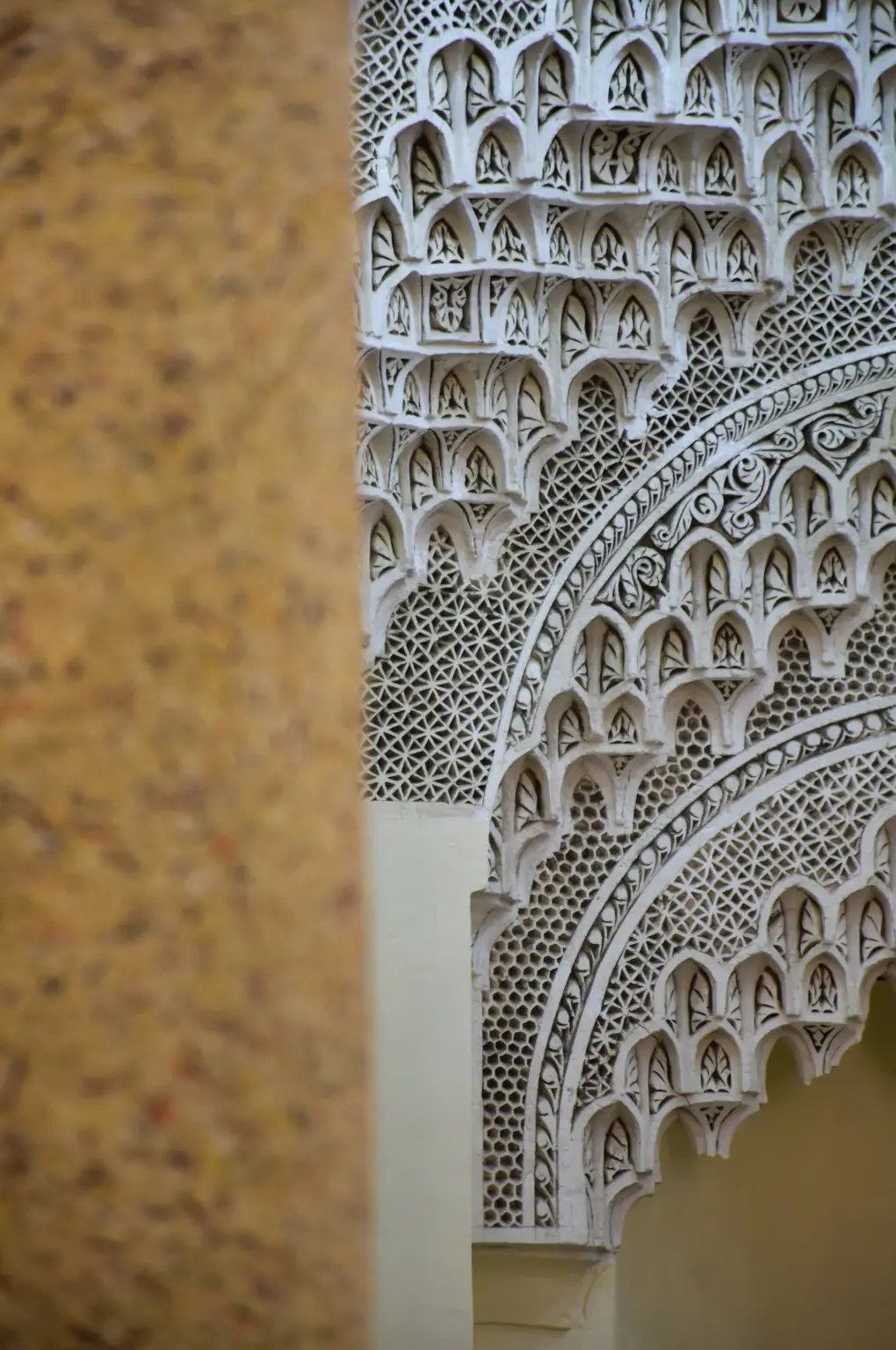
What are the Core Beliefs of Islam?
Tawhid
Tawhid, the concept of the oneness of God, is the most fundamental belief in Islam. It asserts that there is only one God, Allah, who is singular, unique, and incomparable. This belief shapes every aspect of a Muslim’s faith and practice.
Tawhid means acknowledging and worshiping one God without associating any partners with Him. This monotheistic principle sets Islam apart from other religions that might have concepts of a trinity or multiple gods.
In Tawhid, God is not just seen as the sole creator and sustainer of the universe, but also as the ultimate authority over all existence. This belief is encapsulated in the first part of the Shahada, the Islamic declaration of faith, which states, “There is no god but Allah.”
God is described in Islam with a range of attributes, such as the Most Merciful, the All-Knowing, and the All-Powerful. These attributes emphasize both God’s transcendence (beyond and independent of the physical universe) and immanence (actively involved in the world).
The belief in Tawhid means that all forms of worship are directed exclusively to God. The concept of Tawhid also implies the equality of all human beings, as everyone is equally subject to God’s will and judgment.
Nubuwwah
Nubuwwah, or Prophethood, is a belief that involves God’s communication to humanity through selected individuals known as prophets.
Muslims believe that there have been many prophets throughout history, each sent to their own community, with a consistent central message of monotheism and righteous living. Prophets are considered to be models of moral excellence and obedience to God, but they are human and not divine.
The belief in Nubuwwah starts with Adam, regarded as the first prophet, and includes other figures shared with Judeo-Christian traditions, such as Noah, Abraham, Moses, and Jesus. However, in Islam, Jesus is seen as a prophet and not as the son of God or divine, distinguishing Islamic beliefs about prophethood from Christian theology.
The final and most significant prophet in Islam is Muhammad. Muslims believe that Muhammad received the Quran, the holy book of Islam, as a revelation from God. He is considered the “Seal of the Prophets,” meaning his prophethood marks the completion of the line of prophets and the finalization of God’s message to humanity.
The concept of Nubuwwah also entails that prophets are infallible in delivering God’s message, although they can make human errors in other aspects of their lives. Their lives and teachings are seen as the ultimate guide for living a life in accordance with God’s will.
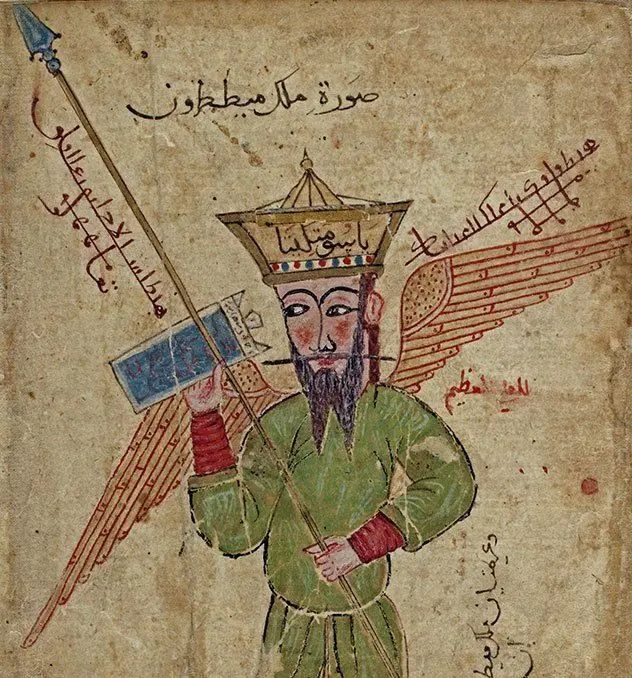
Mala'ika & Djinn
Mala’ika in Islamic belief are angels, viewed as celestial beings created by God from light. They are inherently obedient to God, performing various tasks according to divine command. This includes delivering revelations to prophets, recording human deeds, praising God, and more. Angels are considered free from physical desires and sin, existing in a state of constant worship and service to God.
Angels are a significant part of the Islamic understanding of the unseen world. Key figures among them include Gabriel (Jibril), who is known for bringing revelation to the prophets, including the Quran to Muhammad, and Azrael (Malak al-Maut), the angel of death, who takes souls at the time of death. There is also the esoteric Archangel Metatron.
The concept of djinn, on the other hand, is quite distinct from angels. Djinn are also creations of God but made from smokeless fire. They are different from angels in that they have free will, like humans, and can choose to do good or evil.
They are invisible to humans under normal circumstances but are believed to live alongside humans in the world, having their own communities. Djinn, like humans, are subject to judgment and will be held accountable for their actions in the afterlife.
Qiyamah
Qiyamah is the Day of Judgment, a significant event that signifies the end of the world, the resurrection of the dead, and the final judgment of all souls by God.
The belief in Qiyamah asserts that the world will one day come to an end, marked by a series of prophesied events and signs. These include natural disasters, moral decay, and widespread injustice. The exact timing of this day is known only to God.
On Qiyamah, all human beings who have ever lived will be resurrected. This resurrection will be followed by a period of judgment, where individuals will be held accountable for their deeds, faith, prayers, moral actions, and intentions. This process emphasizes the deep Islamic commitment to moral accountability and the belief that every action, no matter how small, is significant.
The outcome of this judgment is the eternal allocation of souls to either Paradise (Jannah) or Hell (Jahannam). Paradise is described as a place of eternal bliss and contentment, reserved for those who have led righteous lives and adhered to God’s guidance.
Hell, conversely, is portrayed as a place of suffering and remorse, intended for those who rejected God’s messages, lived immorally, or caused corruption and injustice.

Qadar
Qadar refers to the idea that everything that happens in the universe, both good and bad, occurs by the will and decree of God. This belief is an essential aspect of Islamic theology and has implications for understanding free will, responsibility, and the nature of existence.
The concept of Qadar asserts that God is all-knowing and all-powerful. He has foreknowledge of everything that will happen, and His will is behind all events. However, this does not negate human free will.
In Islam, it is believed that while God knows and determines all that occurs, humans still have the capacity to choose their actions.
This paradox between fate and free will is a complex aspect of Islamic theology. It encourages Muslims to strive for righteousness and good deeds while recognizing that ultimately, everything is under God’s control. This belief helps Muslims find solace during times of hardship, as they trust that there is divine wisdom behind the events of their lives.
Understanding Qadar also involves acknowledging that human understanding is limited. Muslims believe that God’s wisdom and knowledge are infinite, and thus, the rationale behind certain events may be beyond human comprehension. Hence you might hear the word “Inshallah” a lot which means “If God wills it.”
What are the Core Principles of Islam?
Adl
Adl signifies the principle of justice. In Islam, justice is not only a moral virtue but also an obligation. God is described in the Quran as ‘Adl (Just), and He commands justice and fair dealing in all interactions.
Adl involves giving each their due, whether in terms of rights, treatment, or resources. It encompasses the idea of balance – balancing one’s own needs with the rights of others and the wider community. This principle extends to all areas, including family life, business transactions, governance, and international relations.
It calls for the establishment of a society where everyone’s rights are respected and protected. The pursuit of Adl is seen as a way to emulate one of the key attributes of God and to establish harmony and balance in society.
Adl also plays a crucial role in Shariah Law, where it forms the basis for legal rulings and the application of Islamic principles in diverse contexts. It demands that judges and those in positions of authority exercise their responsibilities with fairness and integrity.

Khalifah
Khalifah refers to the concept of stewardship. It is the idea that humans are appointed by God to act as His stewards on Earth.
This role involves caring for the Earth and its resources. It’s not just about dominion over nature, but rather a responsibility to protect and preserve the environment and to ensure that resources are used wisely and justly.
The concept of Khalifah implies that all humans have a duty to act responsibly, make moral choices, and contribute positively to the world. In the Quran, humans are described as having been created in the best of stature (ahsan taqwim) and given the task to maintain the balance (mizan) God has established in the world.
Taklif
The principle of Taklif establishes that every mentally capable adult Muslim is responsible for adhering to Islamic teachings, including the performance of religious obligations such as prayer, fasting, and giving zakat. This responsibility is based on the understanding that God does not burden a soul beyond its capacity.
Individuals are expected to fulfill their religious duties to the best of their abilities, considering their circumstances and capabilities.
Taklif also underscores the importance of free will in Islam. While God is all-knowing and omnipotent, humans are endowed with the freedom to choose their actions. This aspect of Taklif emphasizes the significance of personal choices and their consequences, both in this world and the hereafter.
Every action, intention, and decision is considered significant, and individuals are accountable to God for their choices.

Ummah
The idea of Ummah transcends geographical, racial, and ethnic boundaries, emphasizing the spiritual and communal bond that unites all Muslims.
The concept of Ummah carries implications of solidarity and mutual support among Muslims. It encourages cooperation, compassion, and empathy within the Muslim community. Members of the Ummah are expected to help each other, work towards the common good, and uphold justice and peace.
This unity is especially evident during Islamic observances, such as the annual pilgrimage of Hajj, where Muslims from all over the world gather in Mecca, demonstrating the diversity yet unity of the Ummah. Similarly, the observance of Ramadan and the celebrations of Eid foster a sense of belonging and collective joy among Muslims globally.
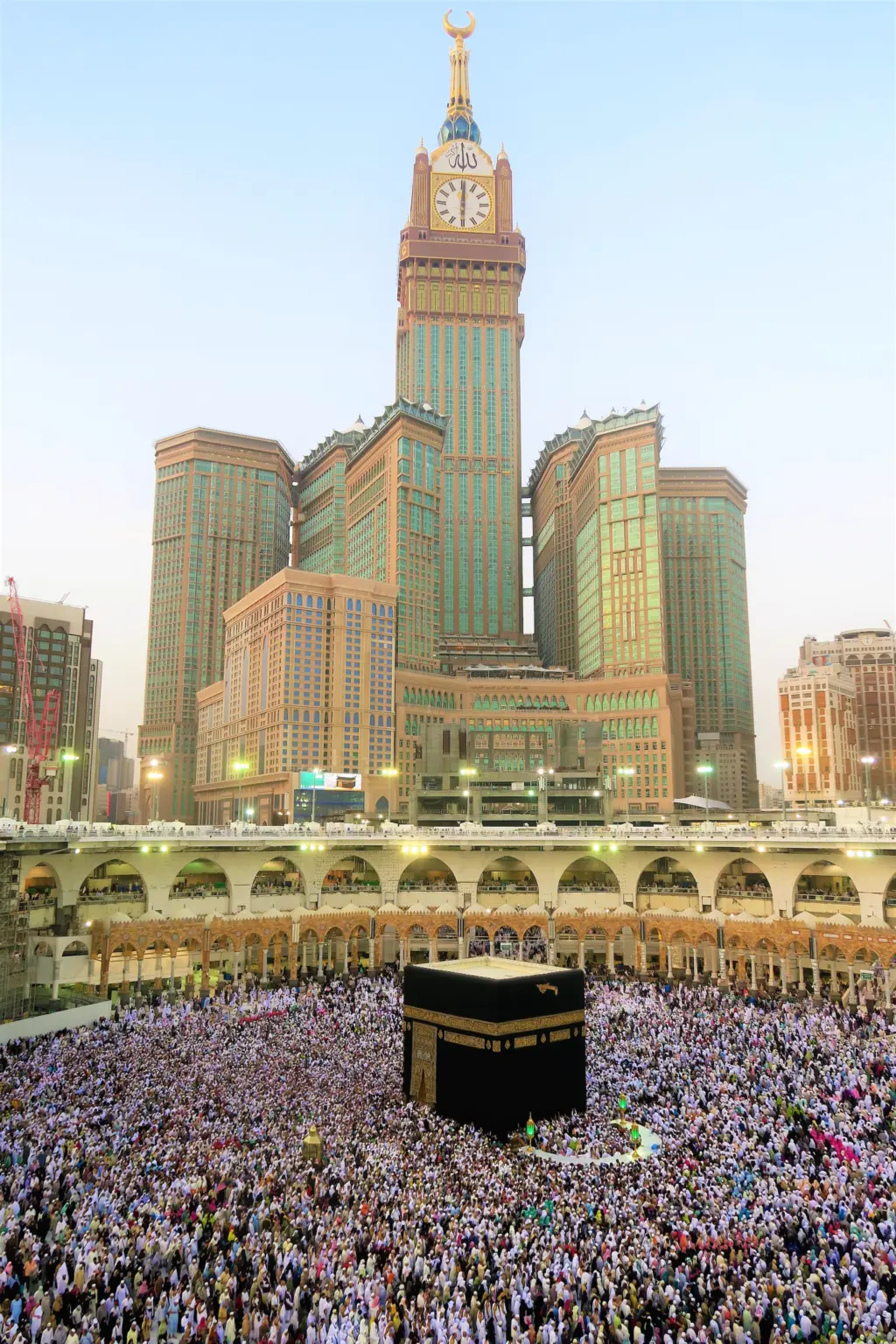
What are the Practices of Islam?
The practices of Islam are often referred to as the “Five Pillars of Islam.” They provide a framework for a Muslim’s religious life and obligations.
Shahada (Declaration of Faith): The Shahada is the Islamic declaration of faith, stating, “There is no god but Allah, and Muhammad is the Messenger of God.” This proclamation is the fundamental statement of faith in Islam and is required for conversion to the religion.
Salah (Prayer): Muslims are required to perform Salah, the formal prayer, five times a day. These prayers are performed at specific times throughout the day (dawn, noon, mid-afternoon, sunset, and evening), facing the Kaaba in Mecca. Salah is a direct link between the worshipper and God and includes recitations from the Quran, supplications, and physical postures like bowing and prostration.
Zakat (Almsgiving): Zakat is a form of obligatory charity and is one of the five pillars of Islam. It requires Muslims to give a portion of their wealth (typically 2.5% of their savings) to those in need. This practice is intended to purify one’s wealth and to help equalize wealth distribution within the Muslim community.
Sawm (Fasting during Ramadan): Muslims fast from dawn to sunset during the month of Ramadan, the ninth month of the Islamic lunar calendar. This fasting includes abstaining from food, drink, smoking, and sexual relations. The fast is seen as a time for spiritual reflection, increased devotion and worship, and self-discipline.
Hajj (Pilgrimage to Mecca): The Hajj is the pilgrimage to Mecca that every Muslim must undertake at least once in their lifetime, provided they are physically and financially able. This pilgrimage occurs during the Islamic month of Dhu al-Hijjah and involves several rituals, including walking around the Kaaba, traveling between the hills of Safa and Marwah, and standing on the plains of Mount Arafat.
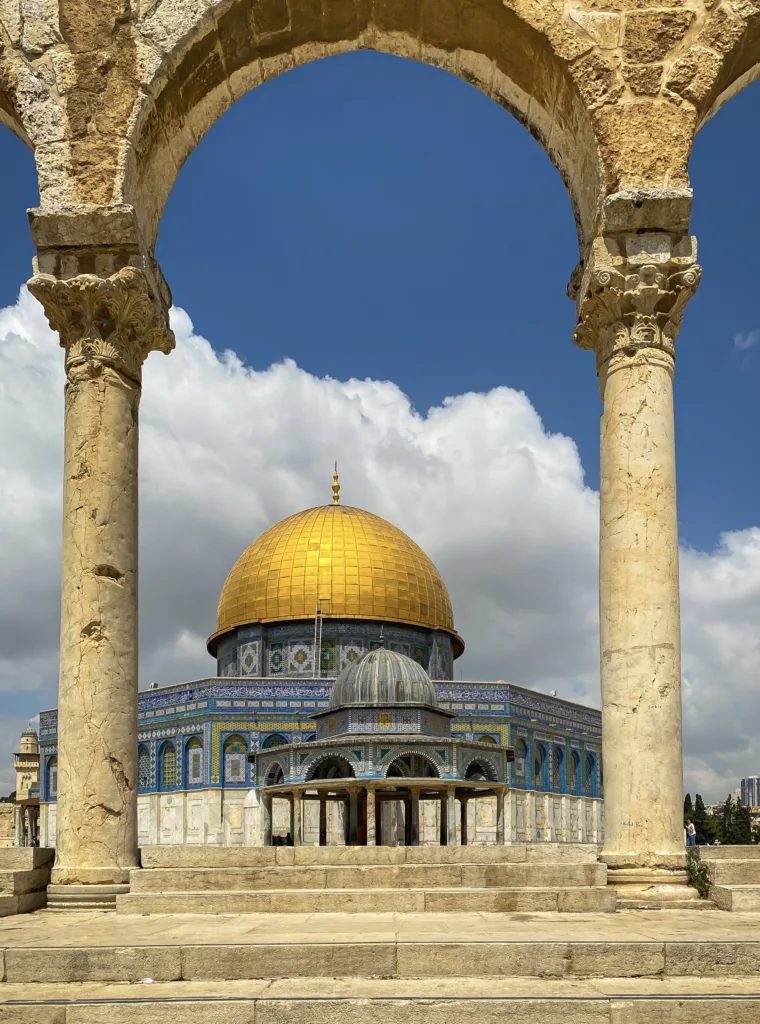
Islam by Country
-
Indonesia: Indonesia has the largest Muslim population globally, with about 87% of its over 270 million people being Muslim. The unique aspect of Indonesian Islam is its syncretic nature, blending Islamic teachings with Balinese culture, Hindu, and Buddhist influences. Another country in Southeast Asia with a huge Muslim population is Malaysia.
-
Saudi Arabia: Virtually the entire population of Saudi Arabia is Muslim, and it is the birthplace of Islam, containing Mecca and Medina, the religion’s two holiest cities. Saudi Arabia follows a conservative form of Sunni Islam known as Wahhabism and plays a significant role in the Islamic world.
-
Turkey: Approximately 98% of Turkey’s population is Muslim, predominantly Sunni. Turkey’s Islamic heritage is intertwined with its secular constitution, and it was the center of the Ottoman Empire, a significant historical caliphate.
-
Iran: Iran is predominantly Shia, with 90-95% of its Muslim population adhering to this branch, making it the country with the highest Shia Muslim population. Iran’s political and religious life is deeply influenced by Shia Islam, and it holds significant influence in Shia communities globally.
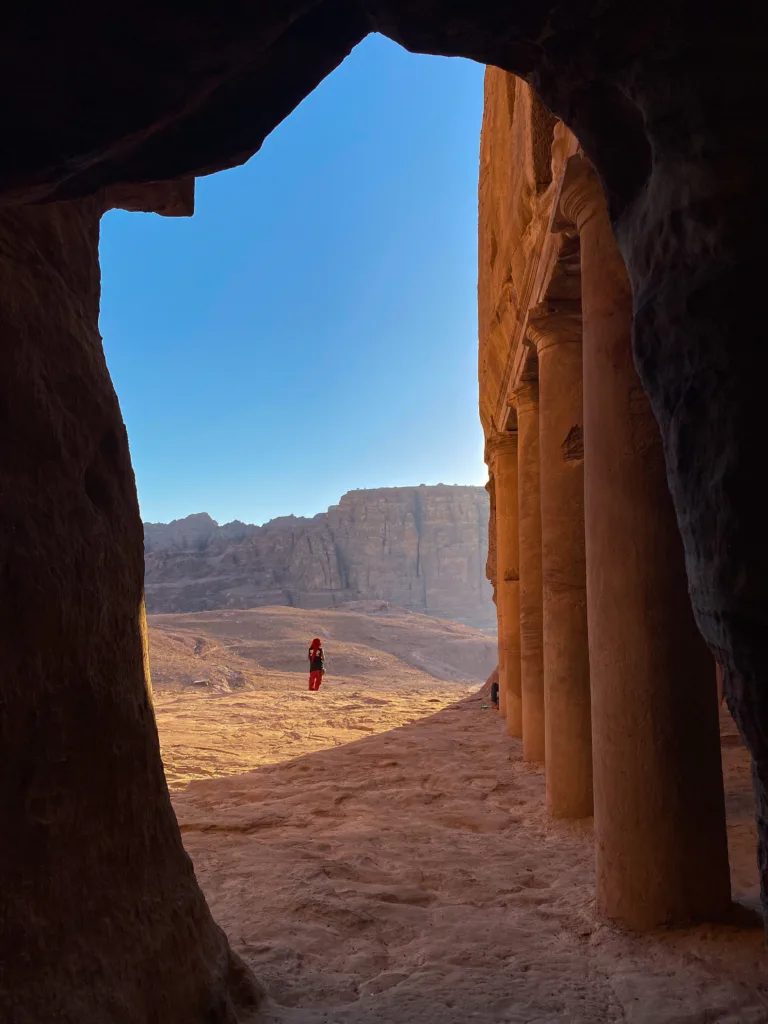
-
Pakistan: About 96% of Pakistan’s population is Muslim, predominantly Sunni. The country was created for Muslims after the partition of India in 1947 and features a diverse range of Islamic practices influenced by South Asian, Persian, and Arab traditions.
-
Egypt: Around 90% of Egyptians are Muslim, primarily Sunni. Egypt is historically significant in Arab and Sunni Islamic culture and is home to Al-Azhar University, one of the oldest and most respected Islamic educational institutions.
-
Israel: The Muslim population in Israel, including the Palestinian territories, is diverse, comprising primarily of Sunni Muslims and a small percentage of Shia and other sects. The city of Jerusalem is home to the Al-Aqsa Mosque, which is of great significance in Islam.
-
Jordan: Jordan has a large Muslim majority, with Islam being the state religion. The country is predominantly Sunni and plays a significant role in the Islamic world due to its historical and religious sites, including the Al-Maghtas baptism site and the cave of the Seven Sleepers.
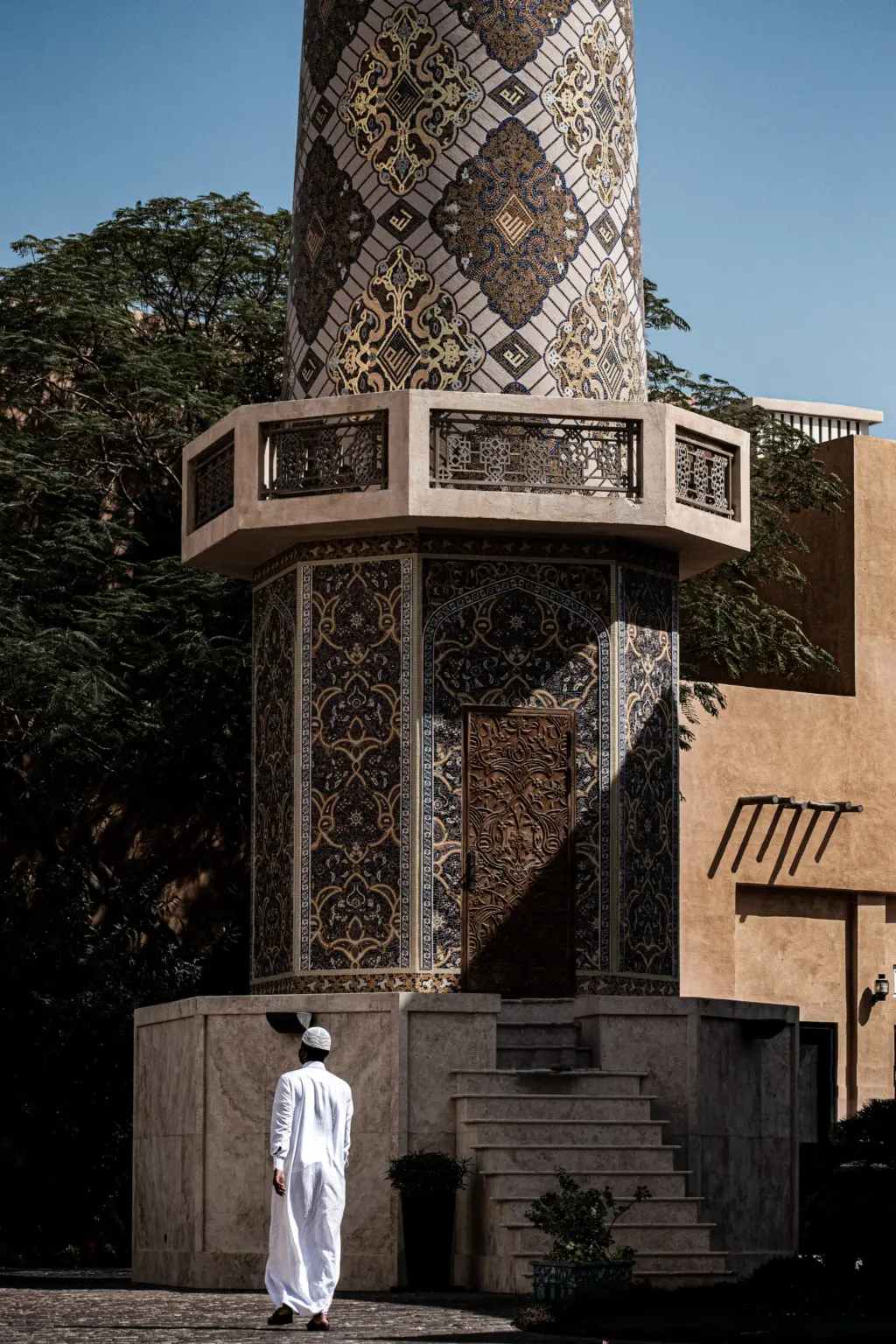
What are the Customs of Islam?
In Islam, customs often vary from one region to another, reflecting the cultural diversity within the Islamic world. Here are some key customs commonly observed in Islamic communities:
Dress Code: Modesty is a key principle in Islam, influencing how Muslims dress. This includes wearing loose-fitting clothes and, for many women, covering their hair with a hijab. Men are also encouraged to dress modestly and are often seen wearing traditional attire like thobes or kurtas in many Muslim-majority countries.
Halal Diet: Muslims follow dietary laws known as halal, which prescribe permissible foods. Pork and alcohol are strictly prohibited, and meat must be slaughtered in a specific way to be considered halal.
Islamic Greetings: The greeting “As-salamu alaykum” (peace be upon you) is commonly used among Muslims. This greeting, along with its response “Wa alaykumu as-salam” (and upon you be peace), is rooted in Islamic teachings about the importance of peace and respect.
Circumcision: Male circumcision is a common practice in Islamic cultures, often seen as a rite of passage and linked to cleanliness and hygiene.
Marriage and Family Life: Islamic customs emphasize the importance of marriage and family. Marriage is highly encouraged, and there are specific rituals associated with the marriage process, such as the Nikah ceremony. Family values, including respect for parents and care for children and relatives, are central.
Birth Rituals: There are specific customs for celebrating the birth of a child, including the aqiqah, which involves the sacrifice of an animal and distribution of food to the poor.
Celebrations and Festivals: Eid al-Fitr, marking the end of Ramadan, and Eid al-Adha, commemorating the willingness of Ibrahim (Abraham) to sacrifice his son in obedience to God, are two major Islamic festivals celebrated with communal prayers, feasting, and charity.

